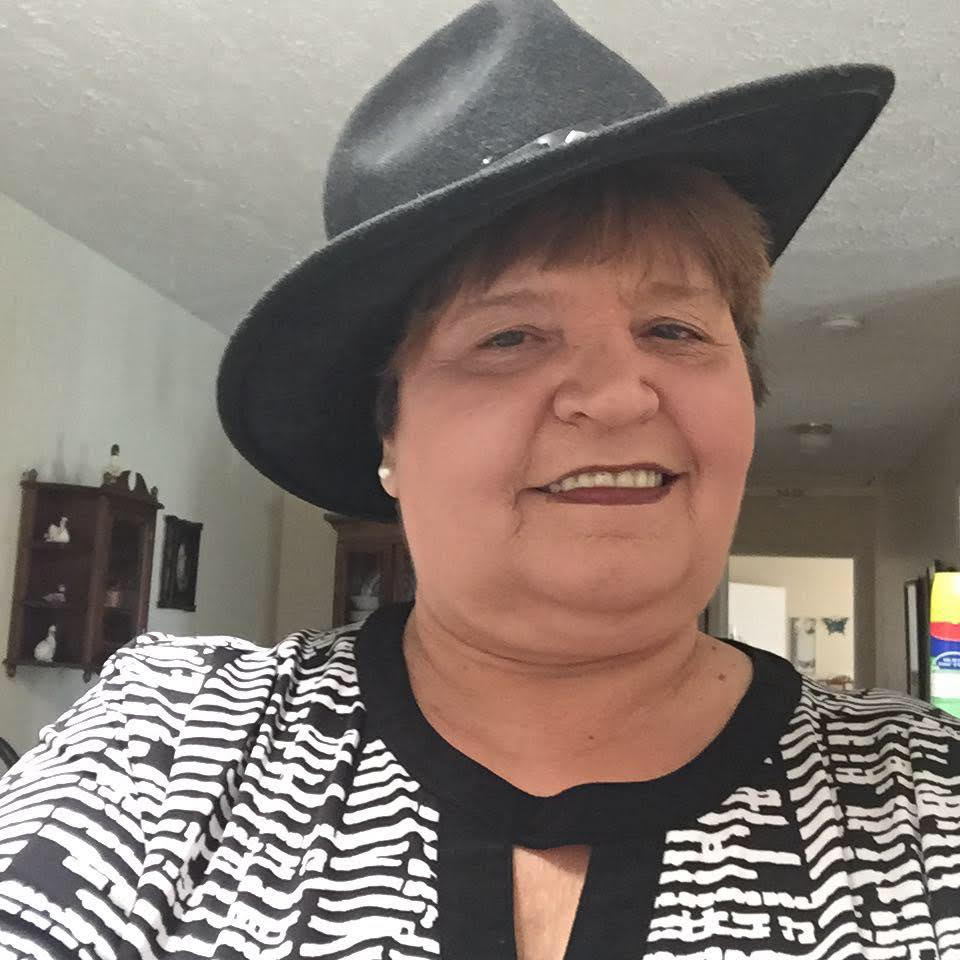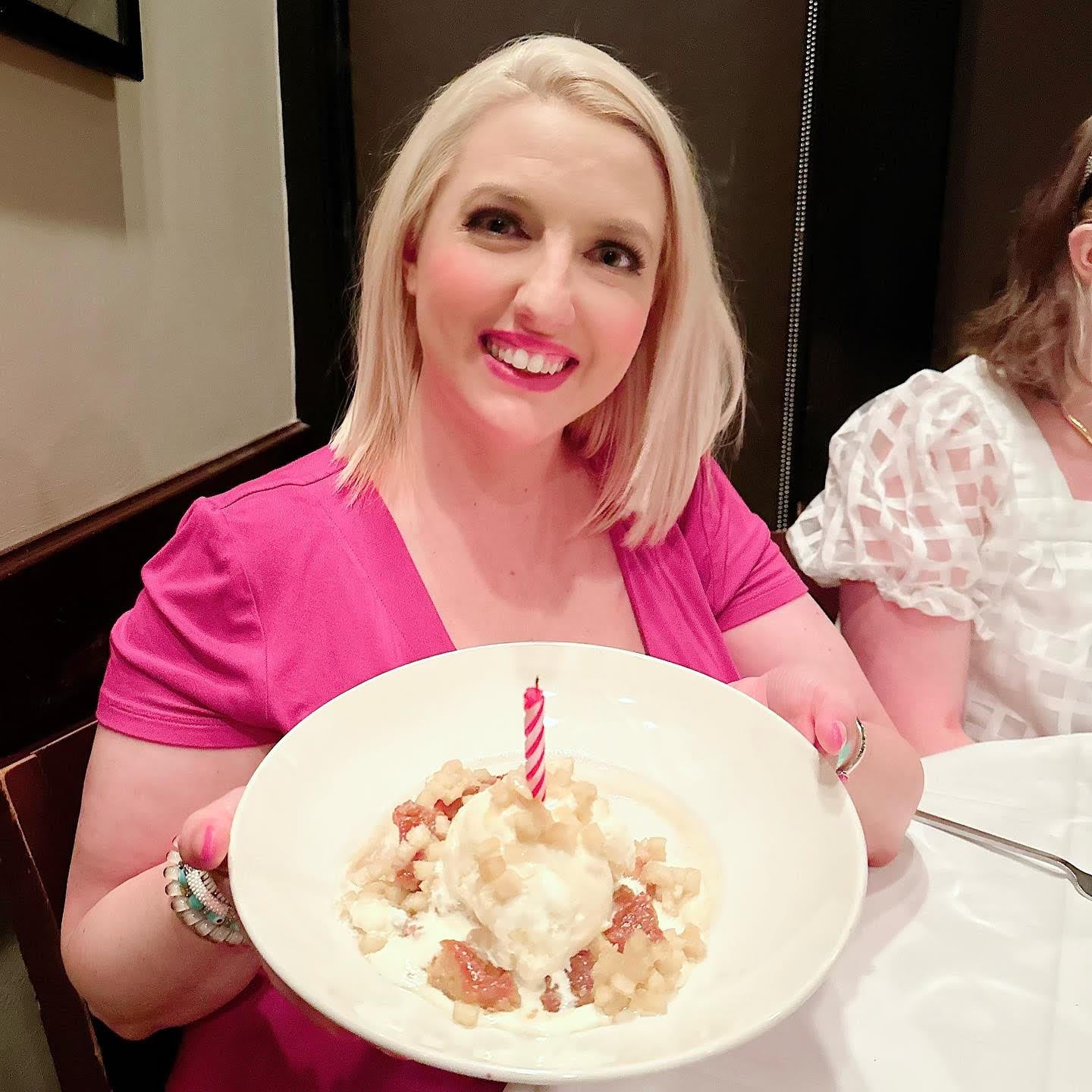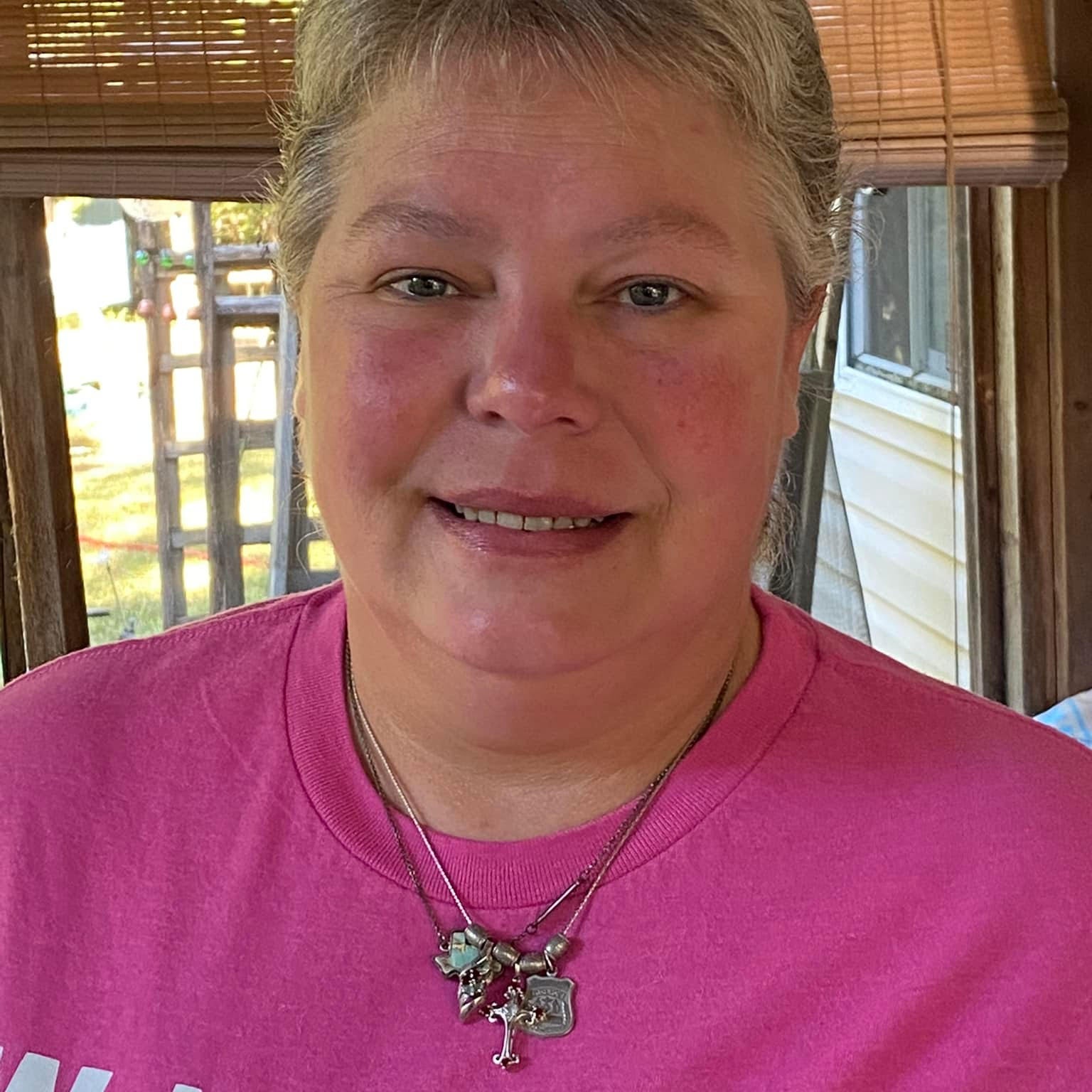Breast cancer: Solidarity among survivors
Published 6:00 am Wednesday, October 18, 2023
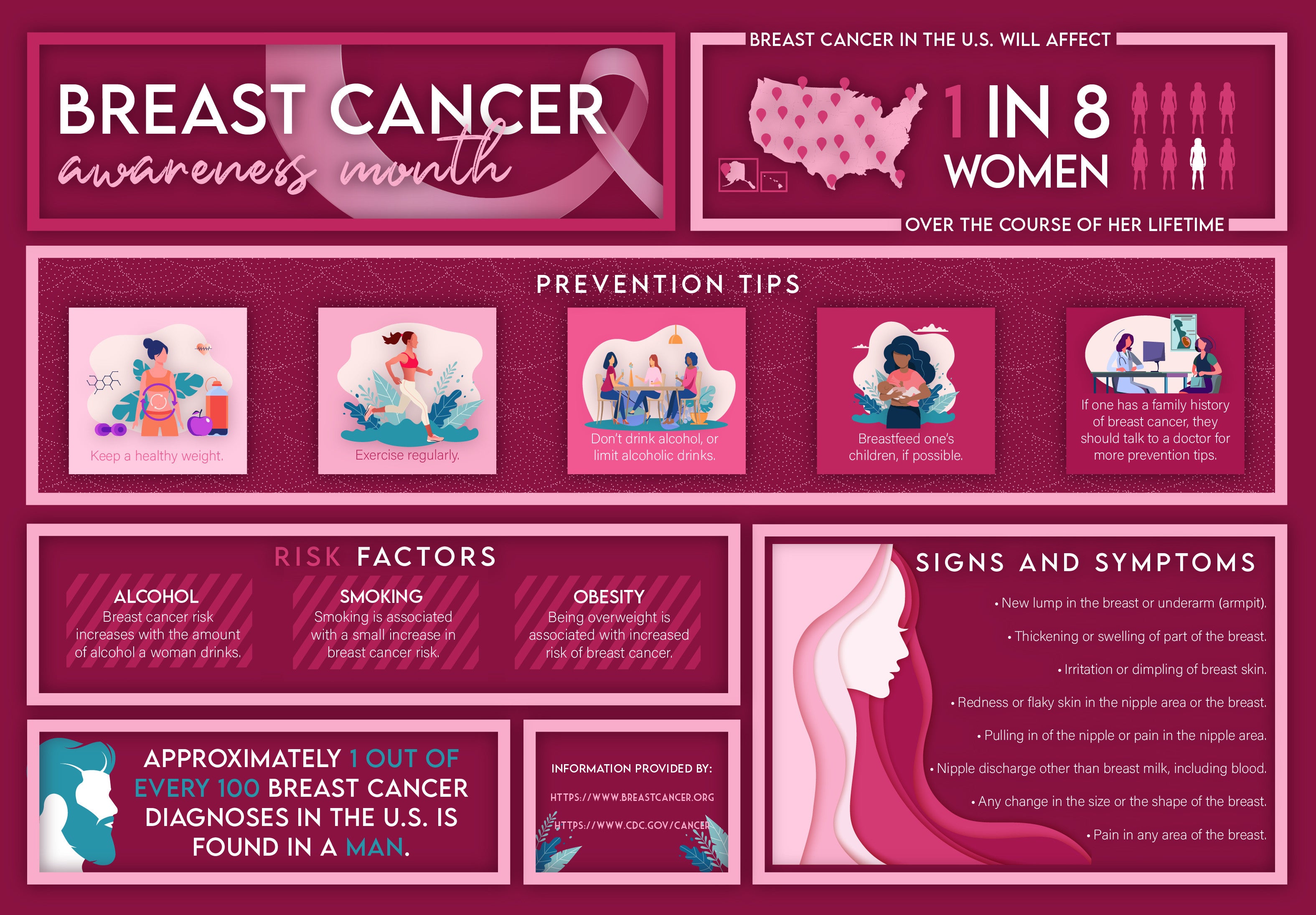
- October is National Breast Cancer Awareness month, encouraging education about the importance of knowing the signs and symptoms of breast cancer. According to the Centers for Disease Control and Prevention, one in eight women in the United States will be diagnosed with breast cancer in their lifetime, so it’s important to know the symptoms and risk factors. (U.S. Space Force graphic by Airman 1st Class Amanda Lovelace/Space Force)
Freida Hankins was 73 when she got the news she had breast cancer. It’s now been about six months since her mastectomy and she’s still struggling with accepting what has happened.
“I know I’ll feel better sooner than later,” she said, weary positivity in her voice. “But I’m still here, thank God.”
Hankins speaks of the “Red Devil” medicine that made her “deadly sick” and left her severely depressed. “It’s hard to leave my apartment,” she said. “I’ve been stuck here so long, it seems, and I just don’t want to go anywhere.
“I still don’t feel good. But God is the reason I am still here. God is good and I’ll feel better in time. If my talking about what happened to me helps another person, it’s worth it. If I can help someone else get serious about having mammograms, I’ll do it. I waited too long for myself.”
Hankins is like many other breast cancer survivors: Ordinary women with ordinary lives finding the extraordinary strength to fight. The battle changes them both physically and mentally, but they are willing to pass on what they’ve learned to help others.
Elizabeth Rainey, who has Stage 4 breast cancer, advocates for early screening and awareness. She does this while employed full time, as she’s not one to sit idly by as her cancer continues to wreak havoc on her body. “I’m an advocate for early screening,” she said. “They say that the sooner you know, the sooner you can get treatment.”
Rainey was 36 when she was diagnosed, but she had had to fight to get a mammogram. “I was told I wasn’t old enough to qualify for a mammogram, so I had to advocate for myself,” she explained. “I found the cancer myself quite by accident. I had a distant relative who had breast cancer, but it really wasn’t something that ran in my family.
“I felt like I wasn’t taken seriously because of my age. You have a right to be tested. If your doctor doesn’t take your concerns seriously, find another doctor. We know when something is wrong. We know when something is wrong with our bodies. No one knows like we do.”
Rainey’s Stage 4 diagnosis means she’s at the point where she’ll get treatment until the treatment doesn’t work anymore. And then, well, who knows what happens then.
Her advice is for people to do monthly self exams, know their anatomy well so when changes occur they are more apparent and get genetic testing if possible.
Mainly, she wants others to know that trusting your gut feelings is important. “I had lost 20 pounds and felt my cancer, but I was still ‘too young’ and that shouldn’t happen,” she said. “I was all excited because I had lost weight and felt like I was looking better. But when I thought about it, an unexplained weight loss like that is wrong. That shouldn’t happen and I had to get my doctor to take it seriously.
“So, advocate for yourself no matter how old you are. Remember “#FeelItOnTheFirst” – do your self examination on the first day of each month so you can remember to do it. It’s important.”
Spring Crenshaw has metastatic breast cancer and she agrees that no matter the age, testing should be available. “Anybody who wants to get tested should be able,” she said. “My cancer is not genetic. You never know if it might happen to you.”
Crenshaw’s mother had cancer three times and was diagnosed once again after her daughter’s diagnosis. However, none of it is genetic. “If you can, get genetic testing,” Crenshaw suggested. “I would have started mammograms a lot earlier if I had known [the results of a genetic test].”
Crenshaw was diagnosed June 28, 2021. She has triple positive ductal carcinoma breast cancer with metastatic Stage 4 bone and brain cancer.
She’s only 45 years old.
“I retired from the police department after 18 years,” she said of the effects of her cancer. “I enjoyed it because I’m a people person. I retired in February 2022, but I still try to do that to help people because God gave me a way to help others. I put lights on my walkinator (a wheeled walking aid that is also called a rollator, which helps keep the user steady and typically includes a seat area) and visit the career center and try to be cheerful and bring that to the people there.
“I stay positive,” Crenshaw added. “I make small goals to be there for my daughters. One thing at a time. And I will keep talking as long as it helps someone else. I’ll do it as long as I’m able.
“I gave it to the Lord not to heal me, but help me survive as long as I could.”
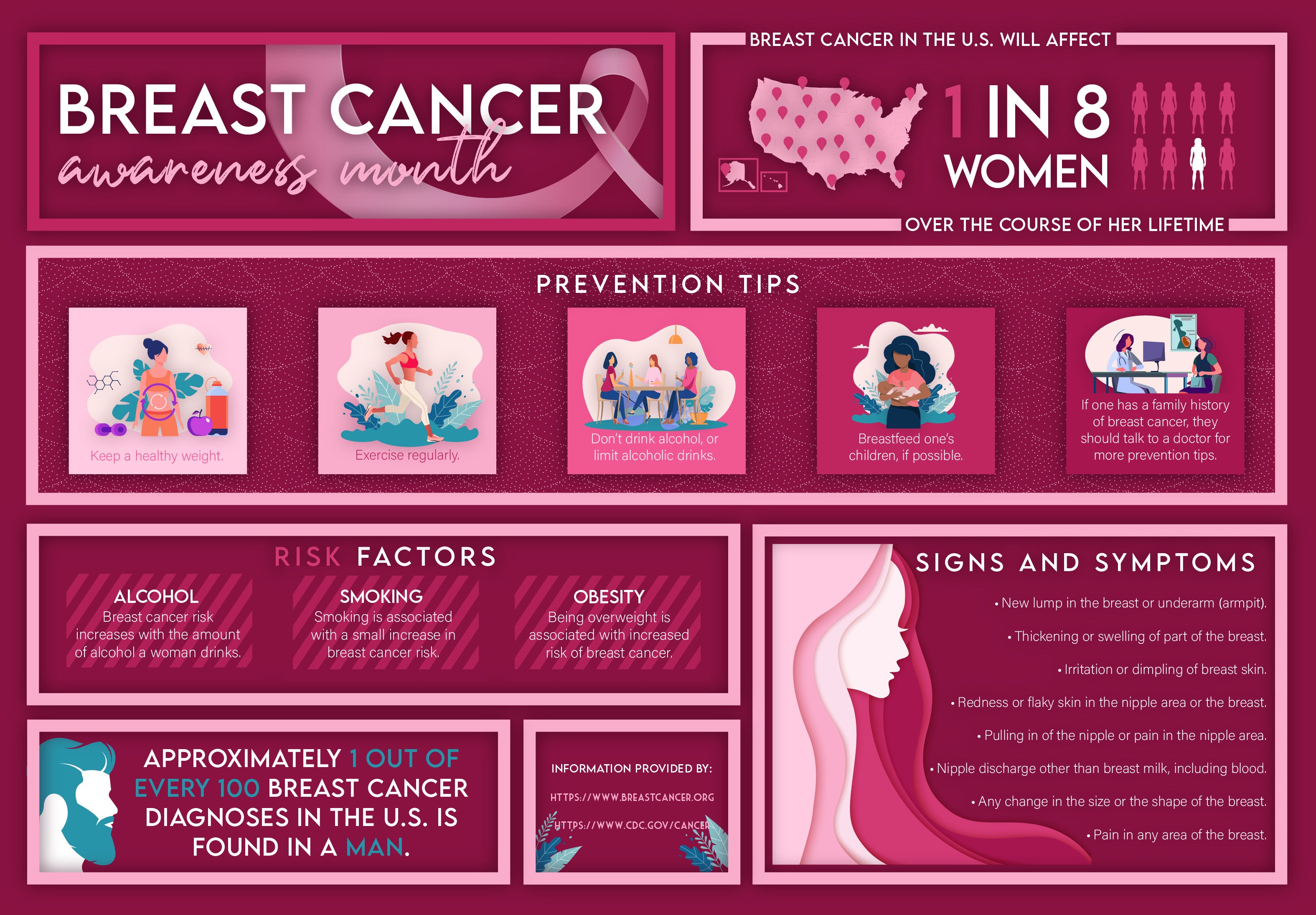
October is National Breast Cancer Awareness month, encouraging education about the importance of knowing the signs and symptoms of breast cancer. According to the Centers for Disease Control and Prevention, one in eight women in the United States will be diagnosed with breast cancer in their lifetime, so it’s important to know the symptoms and risk factors. (U.S. Space Force graphic by Airman 1st Class Amanda Lovelace/Space Force)
Breast cancer affects more than just the one with the medical condition. Both women and men can develop breast cancer and their families and friends suffer along with them.
One of the most stressful things for Hankins was worrying about how she would take care of herself during her cancer fight. Her own daughter’s strength and devotion came though when she moved in with her mother in order to care for her. “I’ve been blessed,” Hankins said. “I don’t know what I would have done without her.”
In honor of Breast Cancer Awareness Day, there will be a gathering at 1 p.m. on Oct. 19 at the Baptist Cancer Center-North Mississippi, which is located at 504 Azalea Dr. Call (662) 636-4444 for more information.
Breast cancer symptoms:
● Persistent or unusual pain in the breast or nipple, nipple changes such as discharge or
inversion
● Skin changes like redness, dimpling, puckering or scaling.
● Decreased appetite.
● Unintentional weight loss.
● Pain in the back or abdominal bloating
● The prominence of veins on one breast should not be overlooked.
● The development of a persistent rash around the nipple or areola warrants evaluation
By the numbers:
In 2023, it’s estimated among women in the United States there will be the following:
● 297,790 new cases of invasive breast cancer
● 55,720 new cases of ductal carcinoma in situ (DCIS), a non-invasive breast cancer
● 43,170 breast cancer deaths
Other notable statistics:
● From 1989 to 2020, the breast cancer mortality rate decreased by 42 percent due to improved
breast cancer treatment and early detection.
● About 4 percent of breast cancers occur in women younger than 40.
● Breast cancer is the leading cause of cancer death among women ages 20-39


